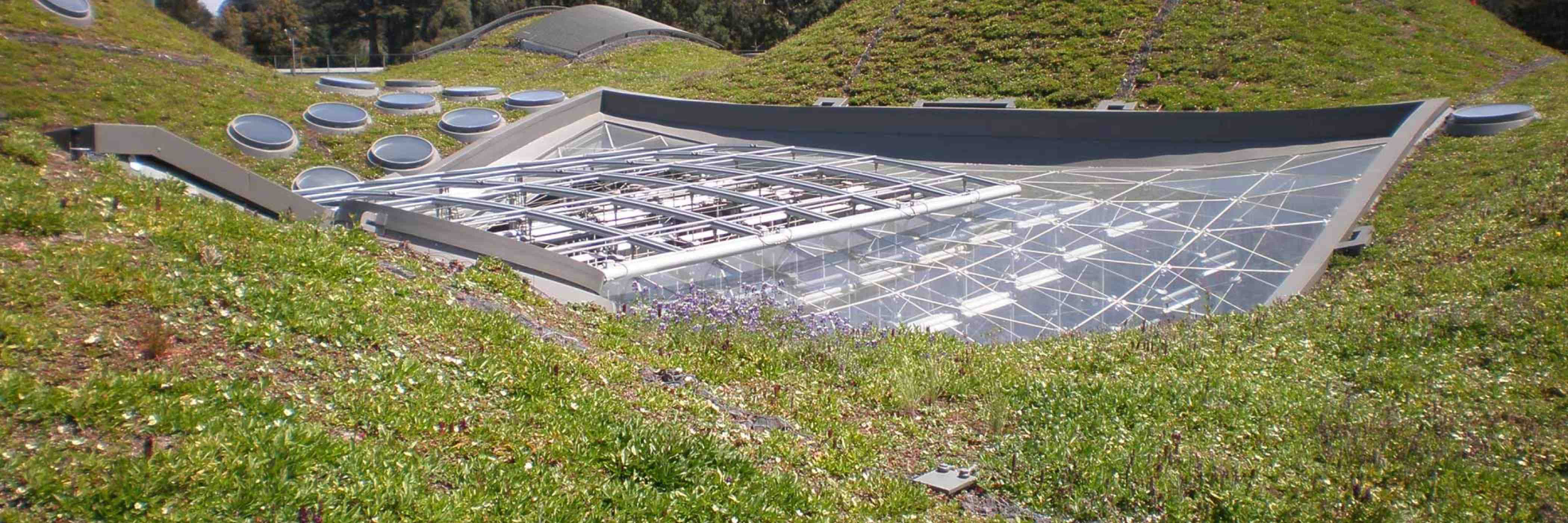The urban water sector faces a suite of unique challenges that will only become more complicated with population growth, climate change and environmental and water quality concerns.
The urban water sector faces a suite of unique challenges that will only become more complicated with population growth, climate change and environmental and water quality concerns. Successful management of these urban water issues at a variety of scales requires a holistic understanding of infrastructure, green space, water quality, allocation, financing, pricing and tradeoffs. However, efficient water management in this sector is particularly limited by a lack of data and the rigidity of legacy institutional systems and governance structure. This lack of information and flexibility exacerbates existing water shortages, aging infrastructure and antiquated financial and management schemes. To fill these gaps, scholars with Water in the West have conducted innovative research on big data, virtual and hard infrastructure, financing and management in the urban water sector and its interface with other sectors such as agriculture, industrial, energy and land-use sectors. They've developed modern governance, policy, finance, water pricing and market driven tools in an effort to improve the quality of information available to decision-makers working on water management at the local and regional scales.




![[Woods Logo]](/sites/default/files/logos/footer-logo-woods.png)
![[Bill Lane Center Logo]](/sites/default/files/logos/footer-logo-billlane.png)